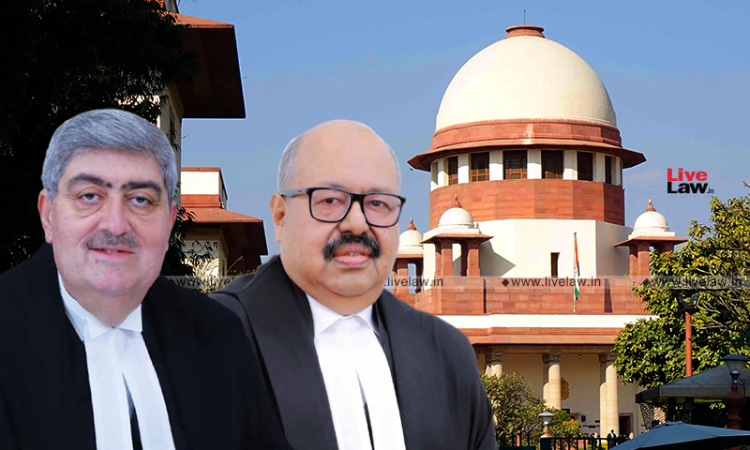Government Should Keep Taxation System Convenient & Simple, Says Supreme Court
LIVELAW NEWS NETWORK
9 Sept 2021 9:33 PM IST

Next Story
9 Sept 2021 9:33 PM IST
The Supreme Court observed that it is the responsibility of the Government should endeavour to keep taxation regime convenient and simple.Just as the Government does not wish for avoidance of tax equally it is the responsibility of the regime to design a tax system for which a subject can budget and plan, the bench of Justices Sanjay Kishan Kaul and Hrishikesh Roy observed.The court said that...
